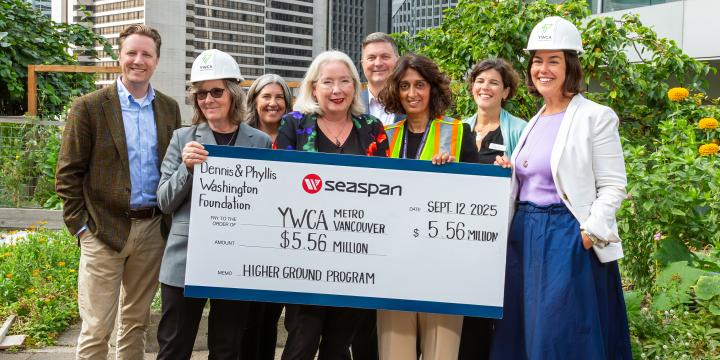
As spring arrives in many parts of our country, getting out and about is natural after a winter spent indoors recharging.
In employment terms, networking is a lot like spring gardening in how we prepare garden beds and plant seeds for future benefit. If you prepare carefully, networking is one of the most effective activities you can do in any career exploration and throughout your working life.
What networking IS
Networking, simply said, is an ongoing process of developing and nurturing strategic contacts with people in order to obtain and share information, advice, referrals and the support you need in your job search and career exploration.
What networking is NOT
Networking is NOT about going to meet people and asking them for a job. That’s called job searching and the two activities are quite different.
Why networking is a good idea
Networking really is a lot like gardening. You prepare a garden bed into which you plant seeds, then you water, fertilize and nurture them so that when the time is right, you can harvest the results. Sometimes you need to seek out a master gardener to help with specific questions. Sometimes you have to give back to the soil by letting it rest or by feeding it with nutrients.
Conducting a networking information meeting is like talking to a master gardener. You identify where you think you might like to work, seek out the experts and then ask them well-designed questions to get the most useful information and advice. There may also be times when you, too, can share some of your own knowledge with others.
The “hidden job market”
With around 80% of all available jobs never being advertised, if we focus all of our attention on job postings, we miss the majority of what is happening “under the soil”. Networking develops our own strong root systems in the community and fosters stable, long term relationships over your working life.
What does networking look like?
Networking always includes contact with other people. It’s about building relationships over time, based on mutual interest, trust and sharing. Below are a number of activities that can constitute networking activities:
- Connect with people on LinkedIn with a personalized invitation and then meet in person.
- Join professional associations and attend networking events and conferences.
- Join Meet Ups related to your field or interests and offer to give a presentation.
- Volunteer your time at organizations where you’d like to work. Many companies hire from pools of volunteers.
- Ask friends and family to connect you to people in the fields of interest to you.
- Re-establish contact with former instructors, professors, workshop facilitators.
- Contact members of any religious or cultural group to which you may belong and draw on your community resources.
- Continue to pursue your hobbies knowing that there are very likely people within those groups who may know someone with whom you can speak.
Networking preparation
The key to a successful informational meeting is in your advance preparation. Here are the steps:
- List about 5-10 companies for whom you’re curious about working.
- Learn as much as you can by exploring their website, read their mission and values statements, future plans, current challenges, who the key players are and who the competition is.
- Starting from the bottom of your list, call and request a 20-minute meeting. Try to get a meeting at their workplace to see if you like the environment.
- Prepare key questions that are not easily answered by your research.
- Prepare your resume and ask them to review it and give advice on where they could see you fitting into an organization like theirs. Remember; don’t ask for a job, but just for advice.
- Be respectful of their time. Maximize every precious minute by asking questions and listening carefully to their answers and taking notes.
- If you go to a networking event, be brief, positive, ask for business cards and hand out your own.
- Follow up on LinkedIn, via email or with a phone call. Touch base regularly, send interesting articles and always stay connected, even after you find a position.
Networking is a way of life that, when done consistently over time, will provide a much greater return on your energy. Much as a garden, carefully tended, can produce beautiful results over years, your networking activities can help you develop rich and fruitful relationships leading to satisfying careers.
For free employment programs and all things job search-related, visit our Help for Job Seekers page.

